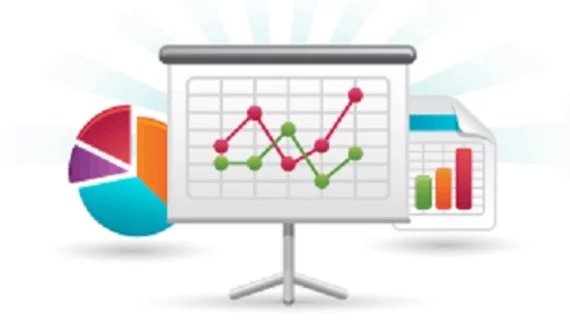ACC, SCAI and HRS commit to cardiovascular public reporting program
Major cardiovascular societies are increasing their public reporting of data to help patients obtain information on hospitals’ care delivery and improve the quality and cost of care, according to an advisory published online in the Journal of the American College of Cardiology on Nov. 18.
In 1997, the American College of Cardiology (ACC) developed the National Cardiovascular Data Registry (NCDR) program to collect, audit, benchmark and report clinical data on outcomes on cardiovascular procedures and diagnoses to institutions.
Since then, the ACC has partnered with the Society for Cardiovascular Angiography (SCAI) and Interventions for the CathPCI registry focused on PCI care and with the Heart Rhythm Society (HRS) for the ICD registry focused on implantable cardioverter-defibrillator (ICD) care.
In the NCDR program, facilities submit clinical data and receive quarterly reports comparing them with aggregated national data. The information was sent to participating facilities, consortia and health plans.
The ACC, SCAI and HRS now are giving facilities the opportunity to make their data publicly available.
Some hospitals have begun voluntarily reporting their NCDR data on PCIs and ICDs through an ACC-sponsored website.
“The most compelling justification for public reporting is the right of an individual to know about the care that he or she is likely to receive,” the societies wrote. “With the current national emphasis on the quality, accountability, and cost-effectiveness of health care, the various stake- holders and consumers of health care are eager to obtain information about health care facilities and providers.”
The ACC mentioned that institutions record a minimum of 25 procedures each year in the CathPCI registry and/or at least 11 procedures annually in the ICD registry are eligible to qualify for public reporting. Currently, 97 percent of facilities reporting data in the CathPCI registry and 80 percent of facilities reporting in the ICD registry qualify for public reporting.
Although the data reported to the NCDR are checked for accuracy and completeness, they noted there are some limitations to other public reporting, including that the data are old and not easy to reproduce or verify. Another potential issue is that data sometimes attributed to providers are misleading.
“The medical community continues to have an understandable degree of anxiety over the unintended consequences of public reporting and the ability of the public and others to misuse or misinterpret the results,” they wrote. “The ACC is firmly committed to developing a cardiovascular public reporting program using high-quality clinical data that fairly and accurately characterizes the care provided while delivering usable and understandable information to the public. Voluntary participation in public reporting has the potential to enhance a health care facility’s standing and linkage to the community.”

